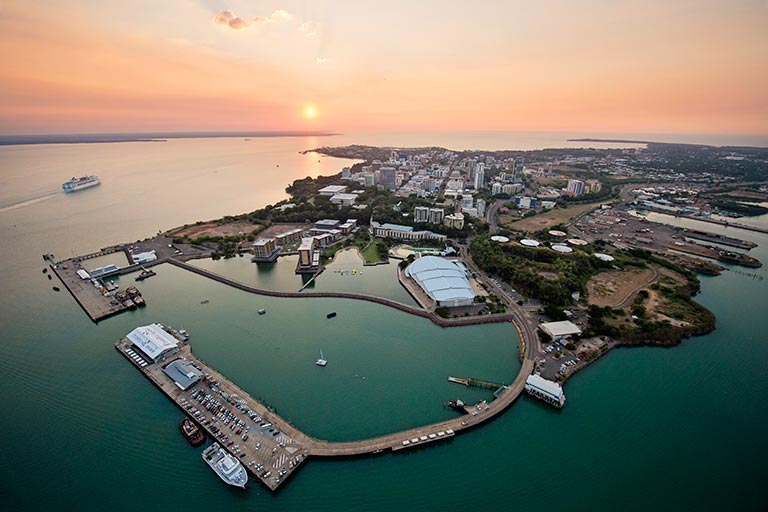
Northern Territory to have a five-day visitor economy focus with launch of Destination NT
Running November 4-8, Destination NT will deliver a series of events for the visitor economy, including business events.

Running November 4-8, Destination NT will deliver a series of events for the visitor economy, including business events.

Experienced corporate events manager, Suzanne Hart, has taken a senior role with Bali’s largest catering business, Vivre Group.
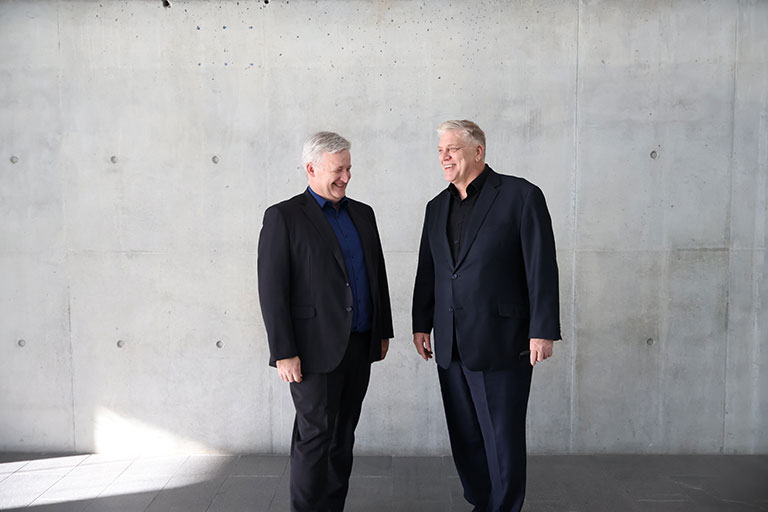
A senior AV manager from Sydney’s convention centre was part of the winning team in a competitive pitch
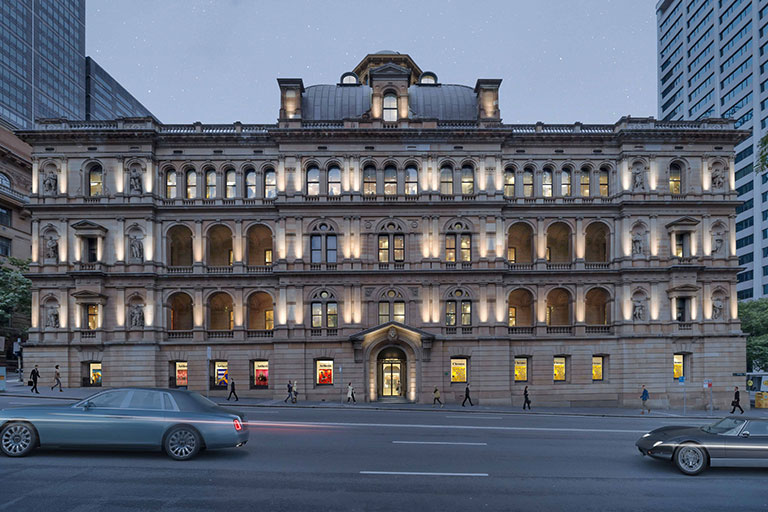
The Lands by Capella will open in early 2026 in Sydney’s CBD, offering five new event spaces including
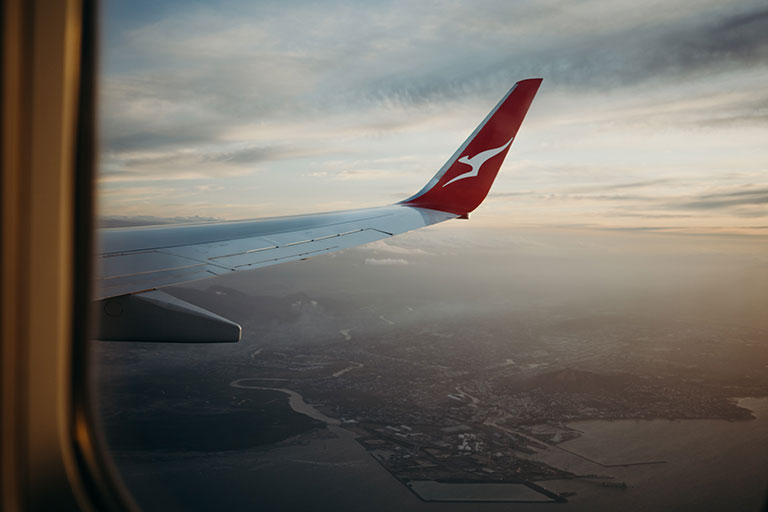
Australia’s national carrier says a cyber criminal gained access to a platform where the data of six million

Hyatt Hotels has brought its Hyatt House brand to Australia with the opening of Hyatt House South Melbourne.
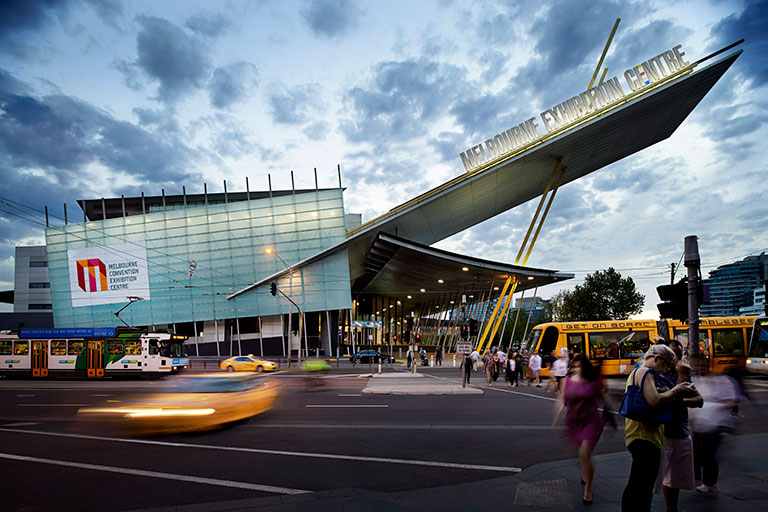
Large-scale ag tech event evokeAG is returning to the place it all began for 2026.
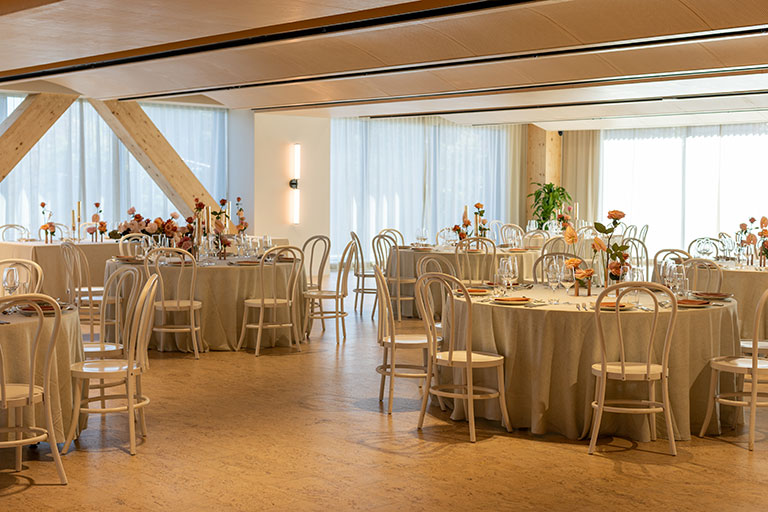
The new venue can cater for seated dining events of up to 240 delegates in a new precinct
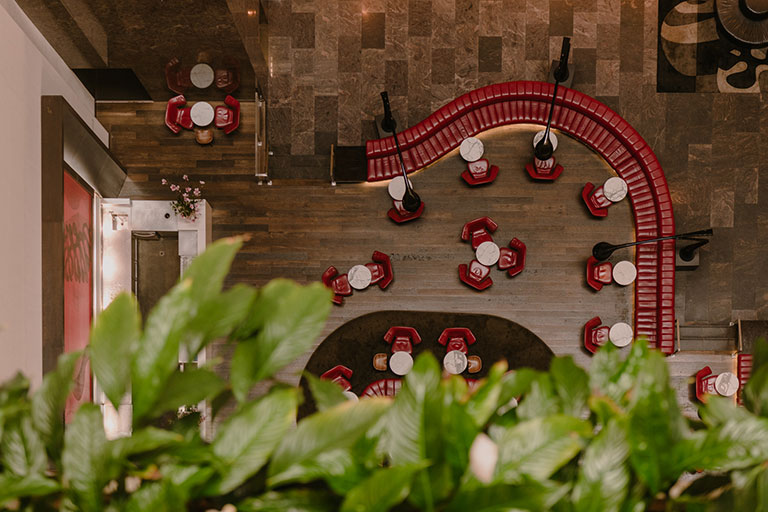
IHG’s InterContinental brand has arrived in Brisbane, with the opening of a 319-room hotel just off the city’s
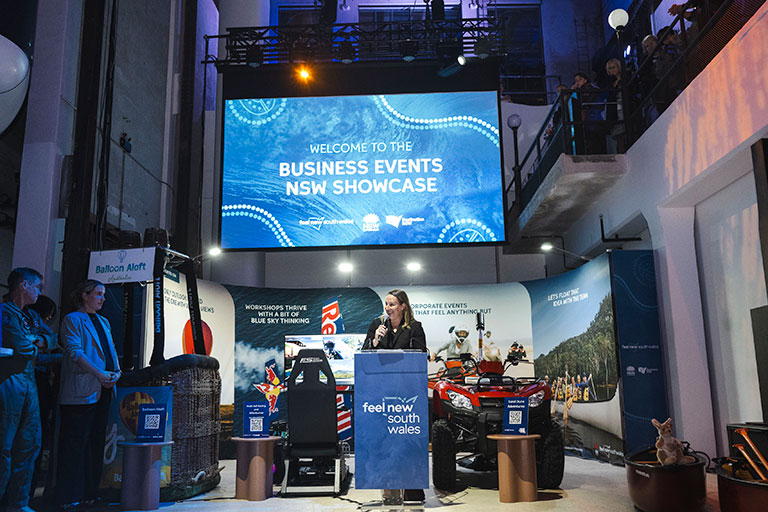
The two state funded convention bureaus for NSW have secured 114 business events for delivery in 2025.
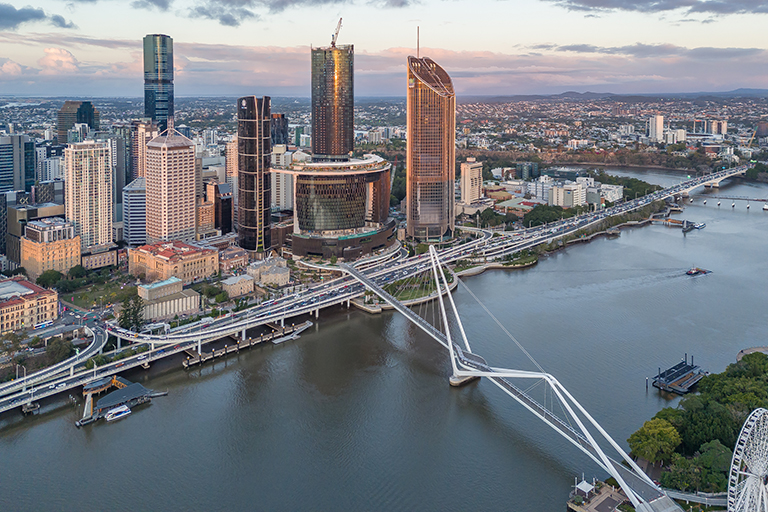
The two buyers of The Star Entertainment Group’s investment in Queen’s Wharf have given notice to terminate the
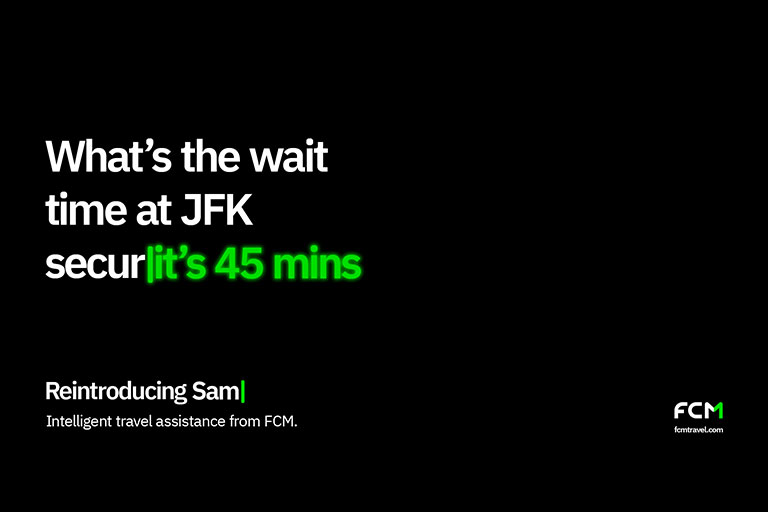
FCM Travel has debuted an improved AI assistant called Sam, with FCM’s meetings and events arm likely to